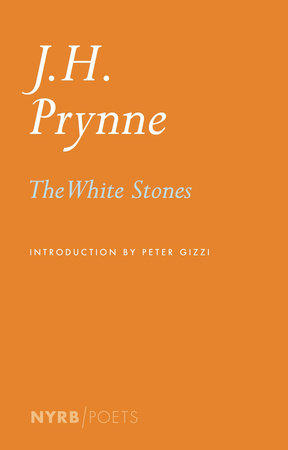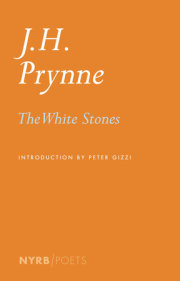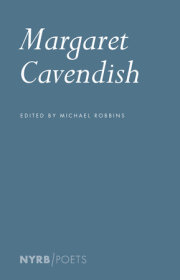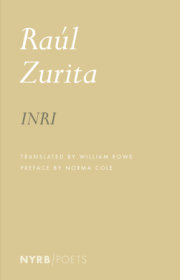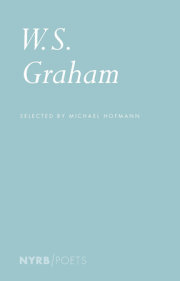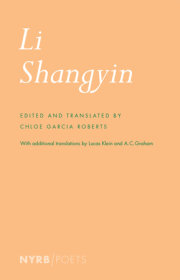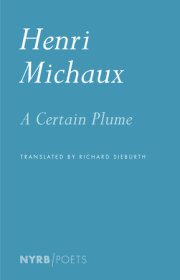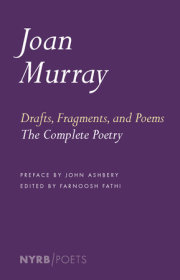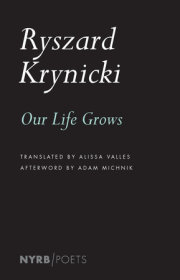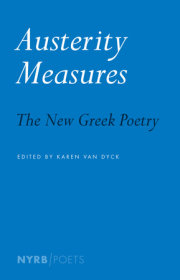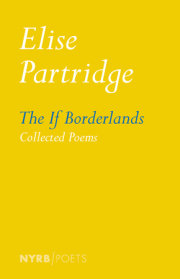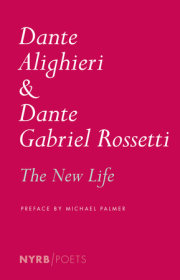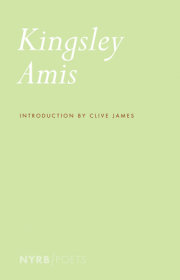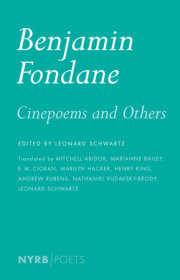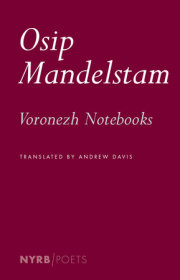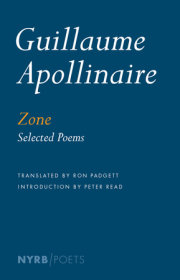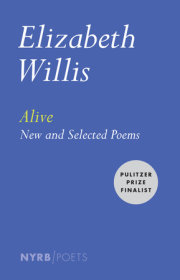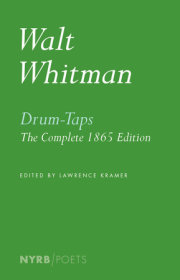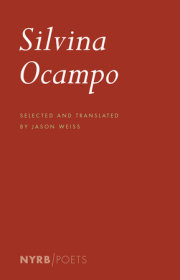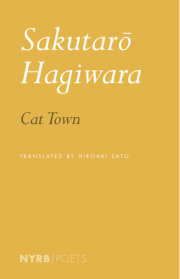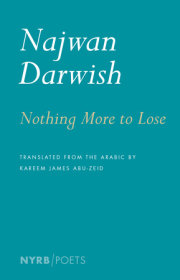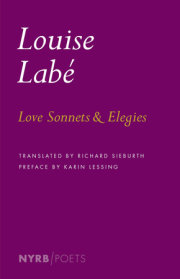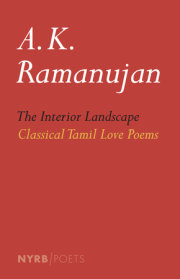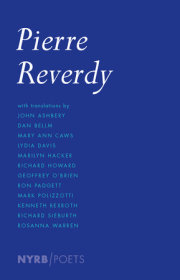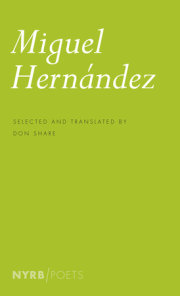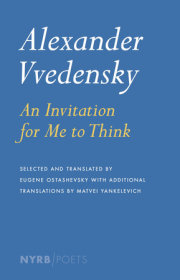J. H. Prynne was born in Kent in 1936 and studied at Cambridge University; he worked there as a teacher and scholar in the Department of English and is currently a life fellow of Gonville and Caius College. He is also an Honorary Professor at the University of Sussex, and a Visiting Professor at Sun Yat-Sen University, People’s Republic of China. He has published forty-one collections of poems during the period 1968–2015, all now reprinted in the third enlarged edition of his Poems (Bloodaxe Books, Hexham, 2015).
This volume, The White Stones, was composed in the earlier 1960s, at the same time as working with students in the study of English and European poetry of various classical traditions, and also assimilating the force of the New American Poetry of that period. A good reading knowledge of French and German and Italian kept open a complex historical perspective, and an extremely partial understanding of Chinese demonstrated the influence of Ezra Pound in a new cross-light.
Since these early times there have also been extended commentary-essays, on the Han Chinese lyric, on a painting by Willem de Kooning, on literary/linguistic topics, and three extended commentary-monographs: on a Shakespeare sonnet, on a poem by Wordsworth and another by George Herbert, on Wallace Stevens, and on a scroll-painting by the Chinese landscape painter Shen Zhou (1425–1509). The author has traveled quite widely, in the U.S.A. and further afield; his poems have been translated into French, German, Italian, Norwegian and Chinese, and a brief selection is being prepared in Mexican Spanish; there have also been a number of musical settings and workings. His collected prose writings (2 vols) are currently in preparation. Some website material is available, including a full online bibliography and various talks and lectures.
Peter Gizzi is the author of several poetry collections, including Threshold Songs, The Outernationale, and most recently, In Defense of Nothing: Selected Poems, 1987–2011. His honors include the Lavan Younger Poet Award from the Academy of American Poets, and artist grants from the Foundation for Contemporary Arts, the Howard Foundation, and the Guggenheim Foundation. He has served as the poetry editor for The Nation and as founding editor of o·ble¯k: a journal of language arts. In 2011 and again in 2015–16 he was the Judith E. Wilson Visiting Fellow in Poetry at Cambridge University. He teaches at the University of Massachusetts, Amherst.

